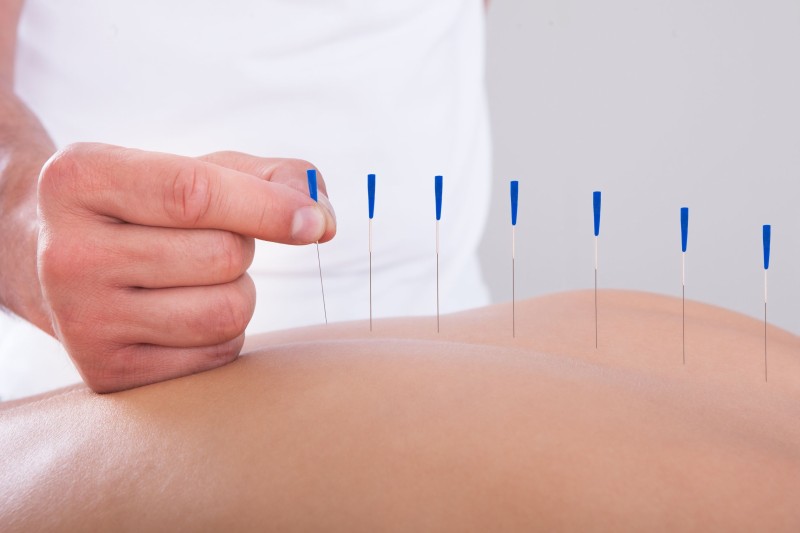The number of people suffering from heart and cardiovascular issues has been gradually growing over a previous couple of decades. The major hurdle in the fight against these issues has been the lack of awareness and the overall poor level of attention dedicated to routine medical checkups.
Spreading awareness and routine checkups are the keys to prevention, but what are the options when there are already signs of plaque build-up and other potentially disastrous issues? There are a couple of tests that can determine the seriousness of the problem and based on the results, outline the course of action.
Testing Your Cardiovascular System for Signs of Peripheral Artery Disease
A physical exam is the first step, and it entails checking for the signs of a weak pulse that would indicate lower blood pressure on different areas of your body. Lower blood pressure is caused by obstructed flow and it’s a direct result of plaque build-up. Ankle-brachial index is another test that compares blood pressures measured at your ankle and your arm. If there is a problem detected during these exams, further testing is aimed at pinpointing the exact location or locations the problems are most severe.
Ultrasound and Angiography are two methods used for determining the extent of the issue and the course of action. These will show if the problem is localized or if it’s a system-wide issue. Based on these findings, the doctor will recommend a treatment.
Treatment options
Medication and surgical procedures are used, sometimes in conjunction, to combat acute problems and prevent further chronic damage to the cardiovascular system. When it comes to peripheral artery treatment in Mansfield TX, all the latest medication protocols are available and they include;
-
Cholesterol-lowering medications
-
Medication to regulate blood sugar
-
High blood pressure medications
-
Blood clot-preventing medications
As for surgical options, these are performed in the state-of-the-art facilities with near perfect success rates;
-
Angioplasty
-
Bypass
-
Thrombolytic therapy
The most effective way to prevent PAD issues in the first place is to consult your doctor regarding the risks or to visit one of the specialized clinics that can precisely outline and educate you on the matter of prevention and treatment options.

